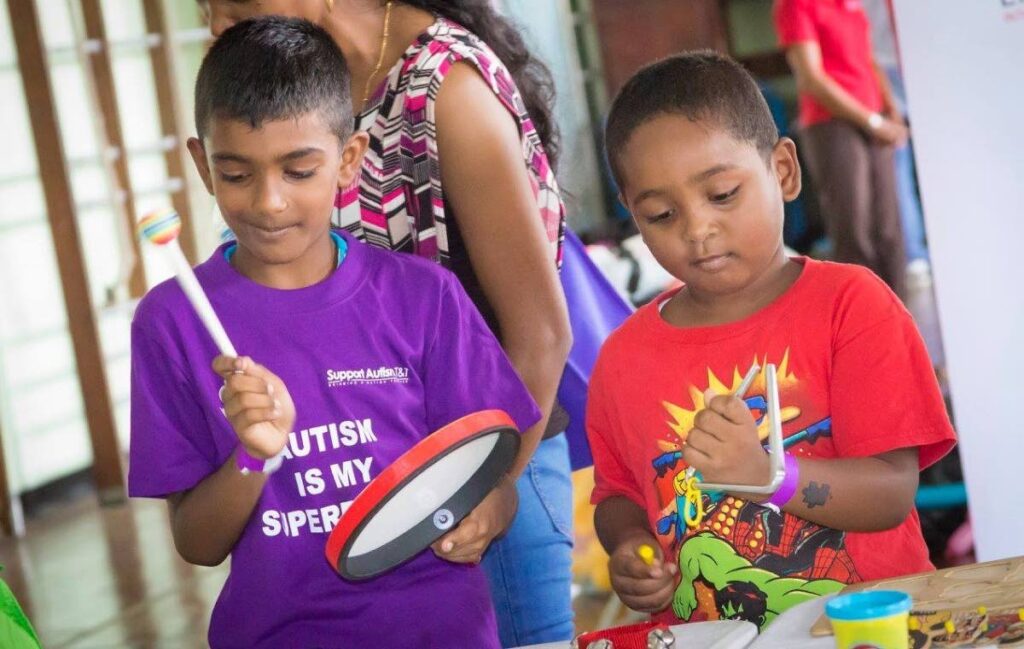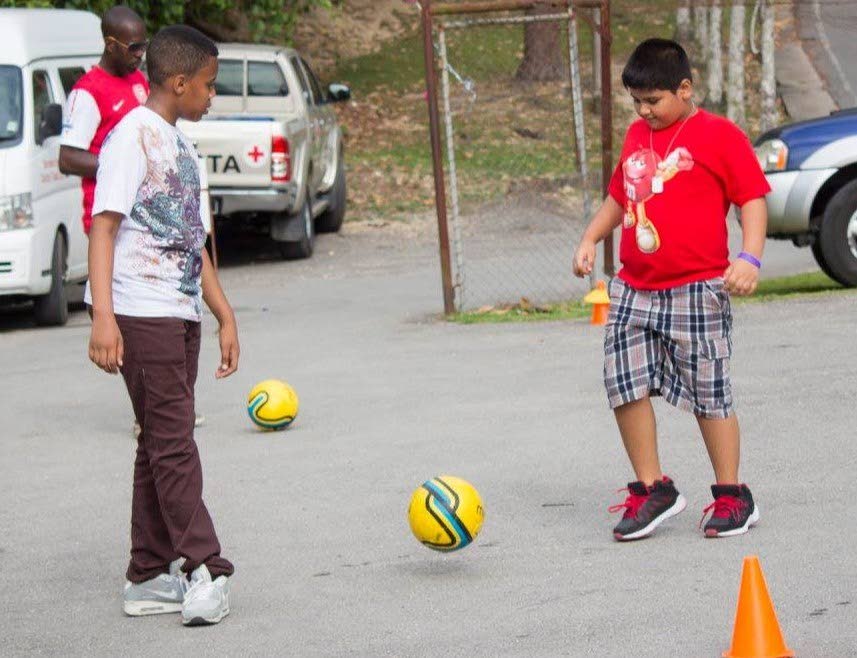When they bullied my autistic child

DR RADICA MAHASE
“My son, Joshua, is afraid to start school again in September. He is anxious and whenever we are preparing for school, for example when we had to cover his books, he gets panic attacks. He begs us to keep him at home.
"He was diagnosed with autism when he was five years old and we worked with him and he got through SEA.
"When he started secondary school, classes were online and he struggled, but we got a tutor to work with him and he managed to keep up with the class. Up to that point he loved school.
"He went out last term when schools reopened physically and all the nightmares started then. He was bullied for the entire term. He's in an all-boys' school and he said the other boys would constantly heckle him.
"He was mostly non-verbal, but years of speech therapy and constant work has helped him, but he speaks slowly, as he takes time to form his words. The first day he went to school and the teacher asked the boys to stand up and say something about themselves, he said the entire class started laughing when he spoke. The form teacher said they could not do that in class, so the boys would wait for break and lunchtime to mock him and laugh at him. They called him names and told him that he shouldn’t ever leave the house because he’s so weird.
"He said a group of the very popular boys told him that he should just kill himself rather than waste everyone’s time.
"That day he came home and cried for hours. He begged us to keep him home then.
"We went into the school and had meetings with the principal, his teachers and the guidance counsellor.
"Some of the teachers were understanding and said they will speak to the boys but one or two said that once it happened out of class, they couldn’t do anything about it. The guidance counsellor is only in school once a week and she talks to him, but he isn’t the problem, the problem is the bullies. The bullying never stopped.
"When the other students bully my autistic son, he becomes very withdrawn and sometimes stop speaking for a couple of days. He becomes depressed and he keeps asking why they don’t like him and why are they so mean to him.

- Photo Courtesy Support Autism T&T
"He worked hard to earn his spot in this school and it is very unfair that he is treated this way.”
Bullying has become more prevalent in schools in TT. Children on the autism spectrum and those with other special needs or disabilities are often a target for bullies because they are seen as different –different is also interpreted as "weird."
Maia Szalavitz, neuroscience journalist, noted, “Many people with autism have trouble recognising social cues, which makes them awkward around others. They also often engage in repetitive behaviours and tend to be hypersensitive to environmental stimuli, all of which makes kids with the disorder ripe targets for bullies who home in on difference and enjoy aggravating their victims.”
Most of the time when we think about bullying, we think about a child getting beaten up. However, bullying goes beyond that: it includes name-calling; staring and laughing; saying mean things; taking things without the owner's permission; leaving them out of group activities, and so on.
Bullying can have a devastating effect on children in general. It can lead to low self-esteem; depression; low academic performance; and a host of other negative mental and social issues.
In Joshua’s case he is afraid to go to school and he gets panic attacks. Many children on the autism spectrum also regress in their development. Joshua loses speech, and communication is stopped temporarily. Other children might have more frequent meltdowns or might stim or engage in repetitive behaviour more than before.
Too often we excuse bullying by saying, “Children will be children,” or, as one of Joshua’s teachers said, “Boys will be boys and dey does play rough.”
No kind of ‘playing around’ which can lead to a child having panic attacks and not wanting to go back to school is okay.
In many cases, children with autism are bullied because their peers just don’t understand autism. In this regard, education goes a long way. It might help if schools organise sessions where all students can learn about special needs and disabilities.
In one school in San Fernando, morning assembly is used to educate children about social issues and inclusion and advocacy are regular topics.
Whenever we celebrate international days such as Autism Awareness Day, World Down Syndrome Day, etc, we can use these to teach about acceptance and inclusion.
Generally, encouraging students to connect outside the classroom can go a long way in developing more positive relationships within the classroom – social projects, field trips, organising for advocates to come in and have engaging sessions with all students, encouraging volunteering in the community – all these can create a deeper sense of social awareness amongst students.
Schools should not focus solely on academic excellence, but should also teach students to be empathetic individuals, better humans and inclusive friends.
Radica Mahase is the founder/director of Support Autism T&T


Comments
"When they bullied my autistic child"